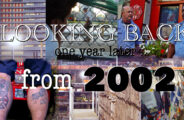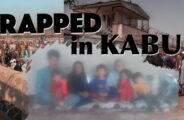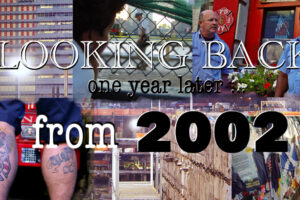Piccirillo gearing up for ‘Zombie Fight’ with $250k grant to centralize vacant property data
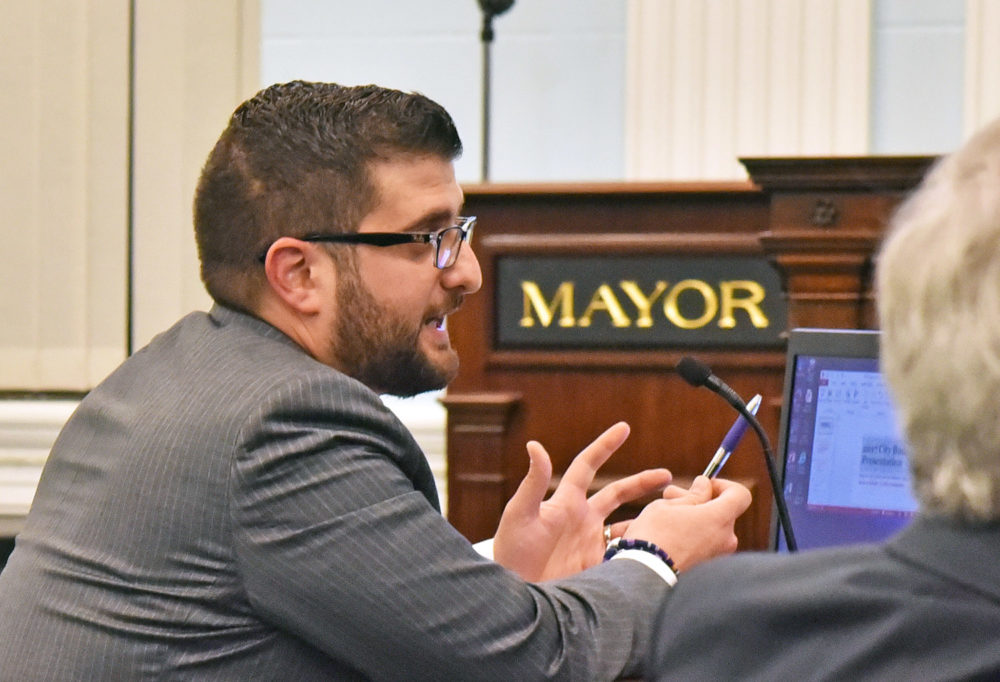
Community Development Director Seth Piccirillo went before the Niagara Falls City Council on Monday and delivered an update about the news Niagara Falls had received a $250,000 grant to turn back the horde of zombie homes in Niagara Falls.
“We are excited to receive this grant from LISC (Local Initiatives Support Corporation),” said Piccirillo. “This $250,000 grant is not government funded at any level of government. They are funds from a settlement negotiated by the NYS Attorney General with predatory banks. So they took a bad situation and made a good situation, making these funds available to combat and to find solutions for vacant properties.”
“With the council’s support, we received the grant for what we are calling ‘The Zombie Fight Project.’ So what we are doing is taking the things we’ve been talking about in the departments, with the council and especially in the community and putting them in one centralized effort.”
“We are going to take all the property data from all of our departments when it comes to something like a police call, fire call, sales information, tax information, building permits, code-enforcement violations, anything as far as development and housing renovations or economic development grants or loans, and put it all in one database. Then map it and present it on a bi-monthly basis to the city council. That will show exactly what’s happening on every street.”
“It’s going to show us where we are doing things well, and it’s going to show us where our gaps are. That’s going to be a tool for our departments to be able to use. So that’s something we want to get done by the first quarter of next year.”
“We are also going to work with inspections, fire, police and legal to create a code-enforcement checklist that code-enforcement officers can go out into the community and target the type of attributes that the zombie and vacant properties have. When a code-enforcement officer goes out, of course, they have to look at everything for a property, but we also know that there specific things that might be more important than minor infractions. Those characteristics are calling cards for zombie and abandoned properties.”
“We’re going to work with the housing court and the legal department to make sure that those types of cases, the large infractions are processed at the fastest rate that they can be. There are certain issues with servicing and some things that might be out of our control, but we are going to work at all levels to make sure that those types of infractions don’t derail the process.”
“We are launching a couple of different things, doing public meetings that we’re having in a couple weeks. We are setting up an email address: zombiefight@niagarafallsny.gov. We are asking the neighbors in the neighborhoods to locate the vacant properties. It’s OK if they don’t know who owns it. If we can get that information part of this project is figuring out what’s in foreclosure, what’s just vacant — those might be city-owned properties — figuring out what’s going on with these properties. And then creating a 25-most-wanted zombie list in which we will work with the banks. We will work with all the departments. Figure out how we get those properties out of that zombie stage of foreclosure.”
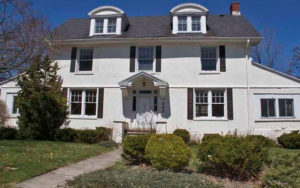
“We were successful in doing that at 560 College Avenue. The one thing we learned is that this is labor intensive. So we need to dedicate specific resources to getting these properties outside of this process. What can we do proactively to get these properties out of the states they are in?”
“So that’s what this grant will be dedicated to. We think it’s going to be very results oriented. The reason we are setting up that 25 list is because this is not a grant that exists just on paper. We are holding ourselves accountable. We are setting up a map so that we can look at what’s happening on a neighborhood and citywide basis.”
“At a recent community meeting councilman Walker brought up a good point of creating a full document of how this will work and what the milestones and accountability measures will be. We plan to do that by our next home ownership meeting in a month.”
“As for the grant, we are forming a task force and the city council has a seat on that task force.”
“It’s a one-time grant of $250,000. At the end of this grant we’ll have a process in place. Software will be in place forever. We will know how to actually get all of this data in one place and we’ll have a procedure on how to identify and attack zombie properties.”
“We’re getting one person for a two-year commitment. The reality is that to add this to someone’s current workload we don’t think it would create the result that everyone’s looking for. We want this to be a specific and dedicated effort.”
“There are other cities that have departments that hold onto their data. They don’t want to share it. The police department, codes, legal, fire, everybody is willing to share their data and put it in one place. So that tells you something about the collaboration right there.”
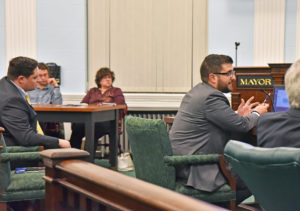
City Administrator Nick Melson, Niagara Gazette reporter Philip Gambini and The Buffalo News’ Nancy Fischer listen to Seth Piccirillo deliver his presentation to the council.
















